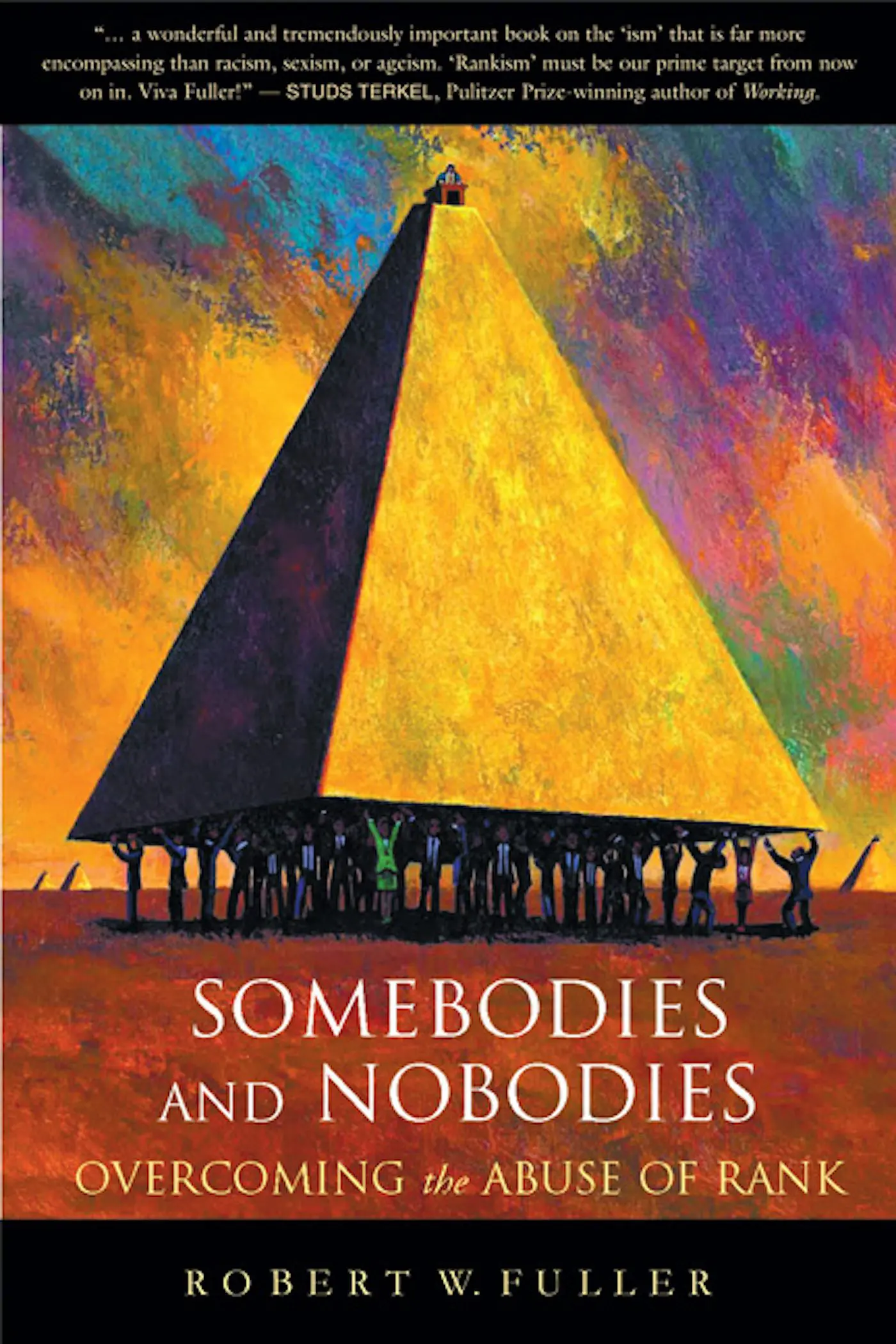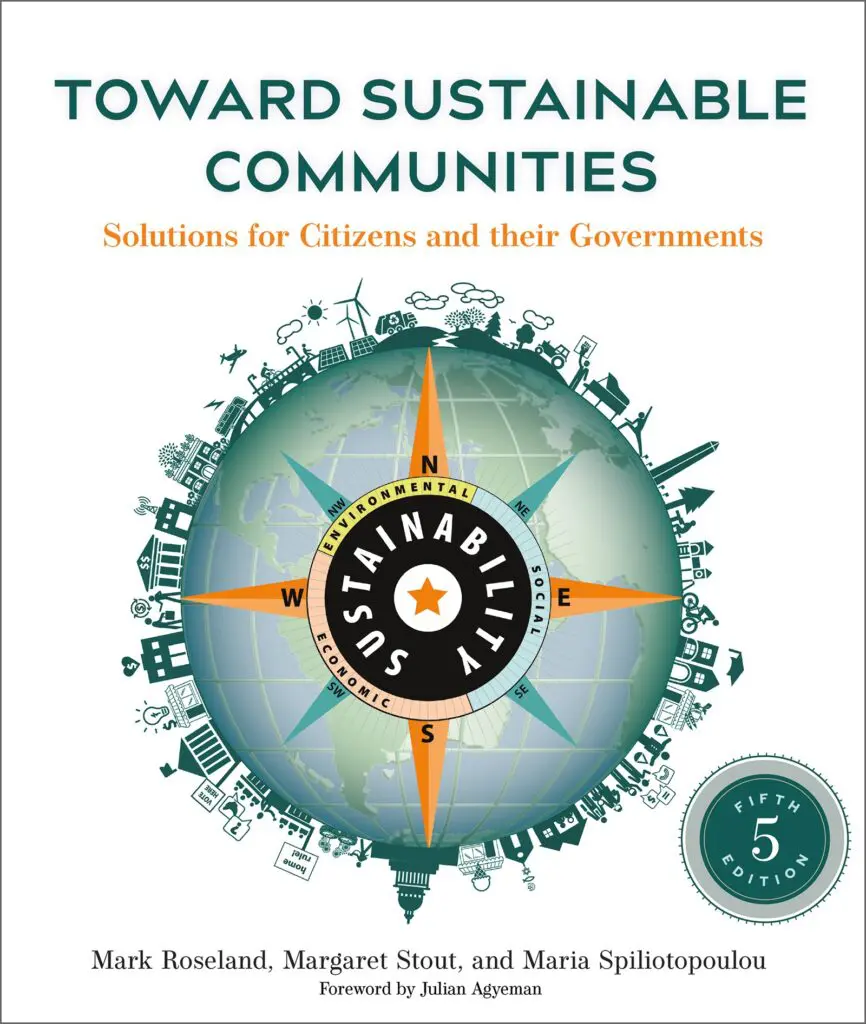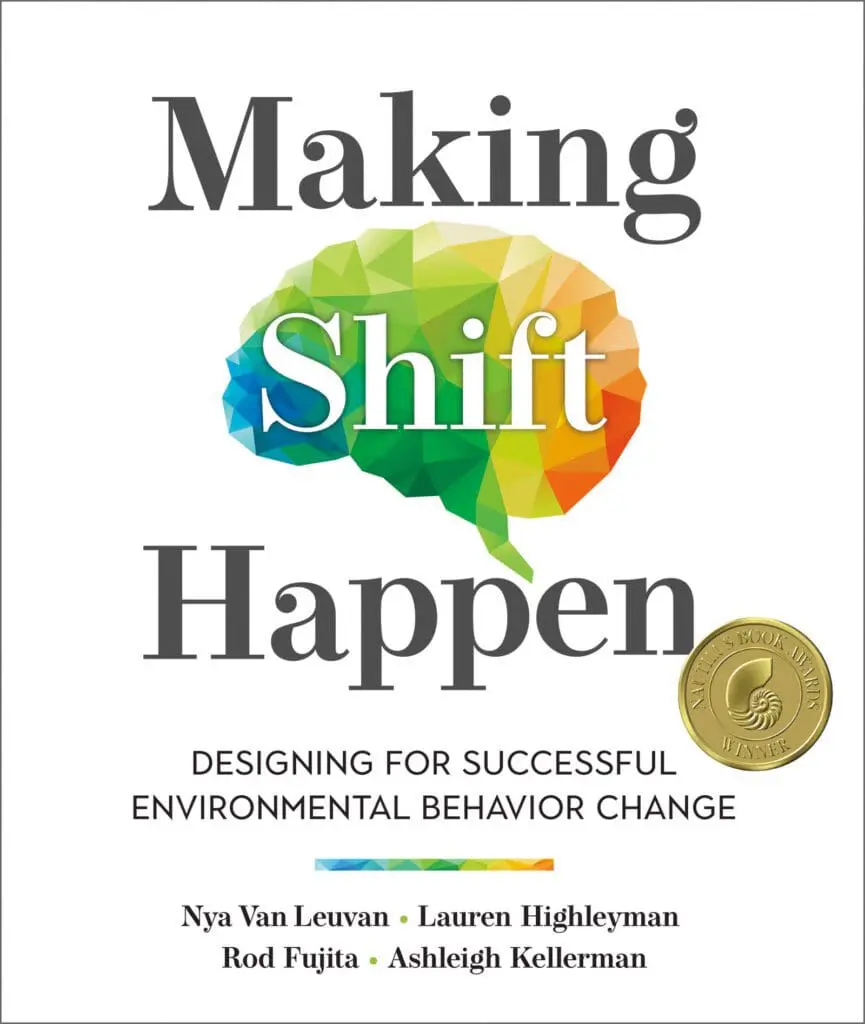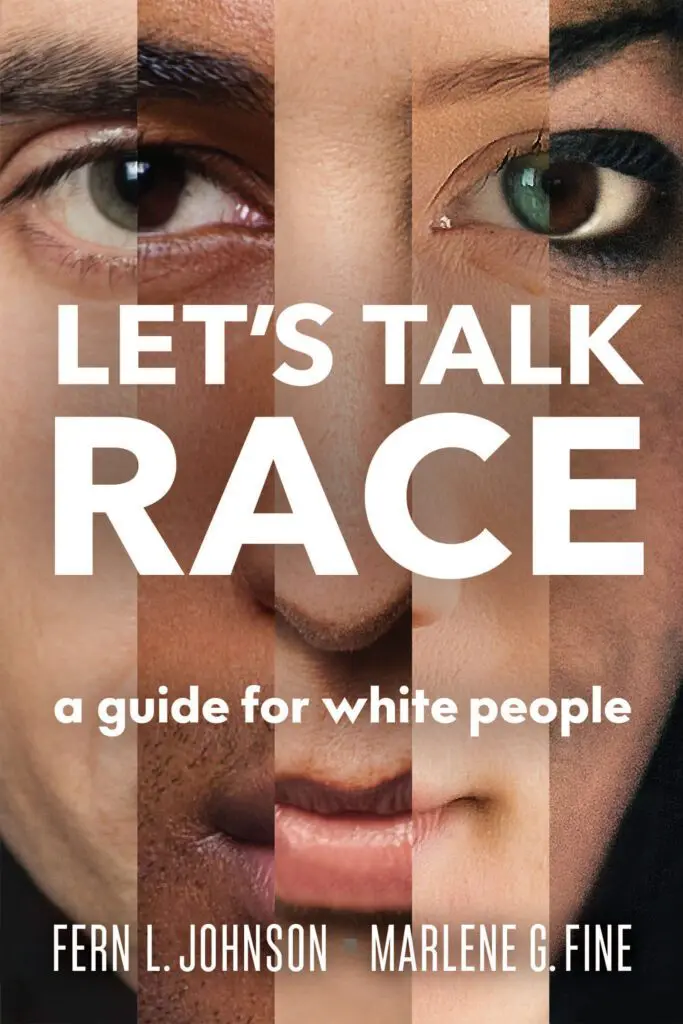This book provides a theory of "rankism" – abuse and discrimination based on the power vested in rank. The author introduces new language and tools that illuminate the workings of power in our social interactions, previewing a social revolution that restores dignity to all.
Robert Fuller has had three distinct careers in as many decades. After attending Oberlin College and getting a Ph.D. in physics from Princeton University, he taught physics at Columbia University in New York City.
While authoring a book on mathematical physics at the Battelle Seattle Research Center, he started a course for dropouts in a local high school and began writing about education. This led him back to academia and to the presidency of his alma mater, Oberlin College. His second career consisted of leading Oberlin through a series of educational reforms, many of which drew national attention.
After this, Fuller traveled extensively, coming to rest in California, where a third career took shape in the movement which came to be known during the Cold War as “citizen diplomacy.” This involves individuals or small groups taking personal initiative in establishing relationships with people in other countries to bridge the gaps in understanding that often breed hostility. As Fuller says, “International diplomacy is too important to be left exclusively to professionals. Private citizens must take responsibility for creating peace and justice themselves.” He thinks of this work as “a better game than war,” and it has taken him to Russia, China, India, South Africa, the Middle East, South America, Vietnam, Afghanistan, Somalia, and Bosnia.
Fuller long served as Board Chair of the nonprofit global corporation Internews, which promotes democracy and international understanding via free and independent media. In 1999 Internews helped launch WorldLink TV, the first international public affairs channel for Americans.
A contributor in a range of disciplines to magazines including Harvard Magazine, The Utne Reader, Whole Earth Review, and the Peter Drucker Foundation’s Leader to Leader, Fuller is also co-author of the classic text Mathematics for Classical and Quantum Physics. Beginning in 1997, the Pacific News Service has syndicated several op-eds by him on “rankism” — the central notion in Somebodies and Nobodies: Overcoming the Abuse of Rank.
Robert Fuller has four children and lives in Berkeley, California with his wife, Claire Sheridan.








Reviews
There are no reviews yet.